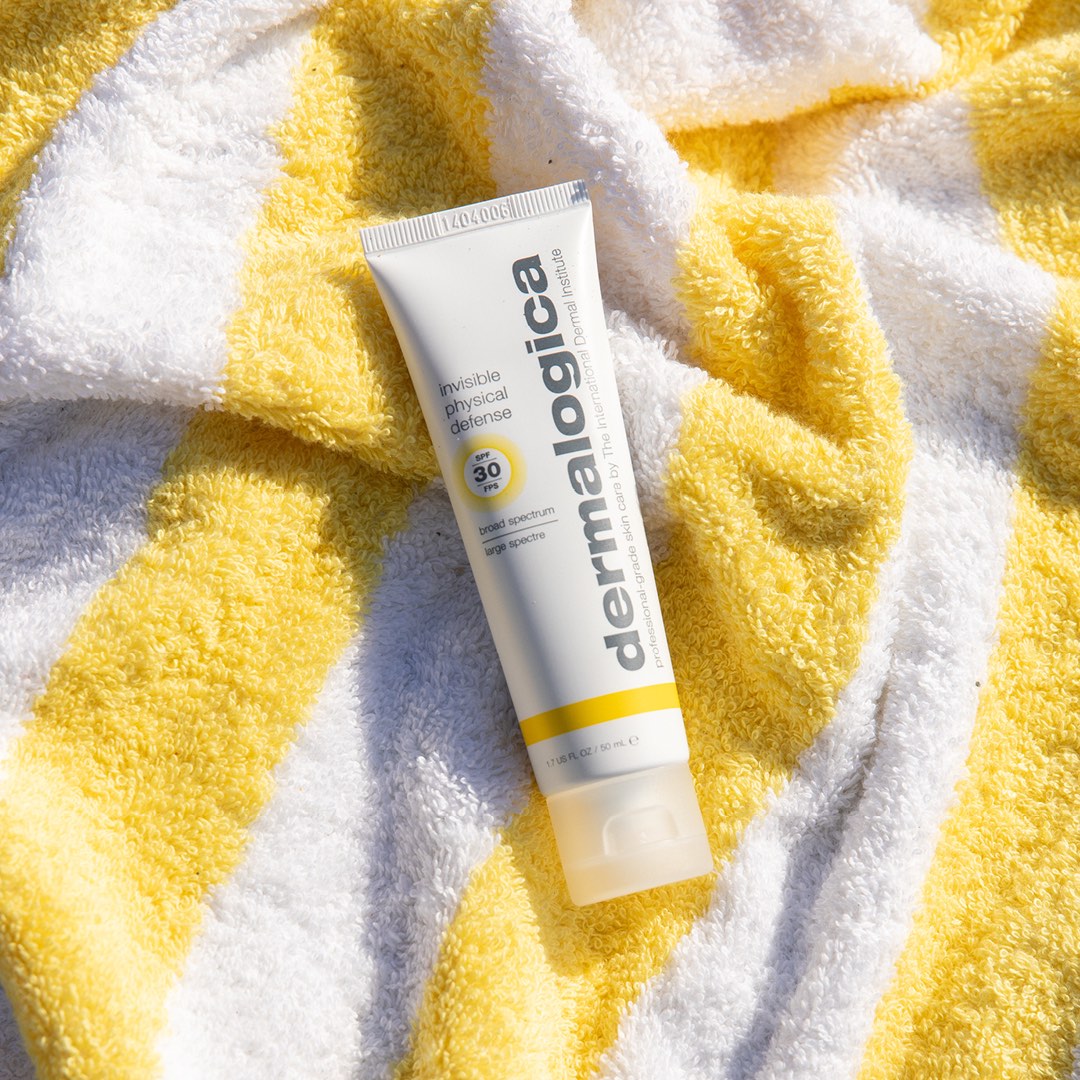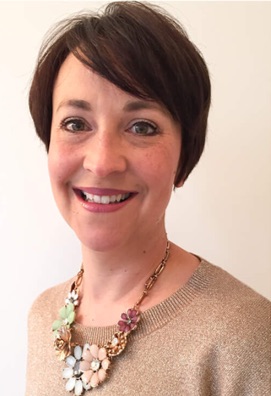Sun safety and skin cancer detection education for beauty therapists

Skin cancer is the UK’s most common cancer. As cases continue to rise at epidemic proportions, it has never been more important to educate consumers on sun safe behaviours and upskill personal care professionals in skin surveillance skills that could help detect potential skin cancers early – and save a life.
Since the early ’90s, rates of non-melanoma skin cancer have risen by 166%, with more than 210,000 cases of non-melanoma diagnosed annually in the UK, according to data by Cancer Research UK, and cases are expected to reach almost 400,000 by 2025. Alongside this, more than 16,000 cases of life-threatening melanoma are also diagnosed each year.
Meanwhile, also according to Cancer Research UK, one in 36 men and one in 47 women will be diagnosed with melanoma during their lifetime, and alarmingly, it is the cancer with the highest mortality in the 15–34 age group. The incidence of melanoma has risen faster than any other common cancer in the UK.
The role beauty therapists can play in helping to identify skin cancer
Ironically, while skin cancer statistics appear to be accelerating, they are in fact almost 90% preventable states Cancer Research UK, and effective education on sun safe behaviours continues to be a crucial strategy to reduce skin cancer cases.
Lack of awareness of the impact of short intensive exposures on holidays abroad, and no knowledge of the increased cancer risks associated with each subsequent sunburn, means sun safety is not usually top of mind for clients. Add to this frustration with chalky uncomfortable sunscreen formulas and scaremongering around the use of sunscreens and it is not surprising that skin cancer rates seem out of control.
Developing sunscreen options that are fully blendable and formulated in line with a wide spectrum of global regulations, such as Dermalogica’s Invisible Physical Defense SPF30, is one step towards addressing skin protection while in the sun. Yet, there is more to be done to shift consumers to improved sun awareness and safer sun habits.

With a mission to educate consumers about how to manage their skin health, Dermalogica launched their popular Skinformation Workshops. These virtual online sessions are fun, engaging and free, and cover a range of topics, with a recently added session for the summer season entitled “Sun, Skin and SPF”. Anyone can join a Skinformation Workshop with our knowledgeable educators to learn more about managing and protecting their skin.
With a legacy of prioritising skills development for skincare trade professionals, Dermalogica continues to educate on sun safety and advance skin analysis skills for professionals in identifying UV-related skin changes.
Skin professionals have a unique and privileged opportunity to regularly see clients’ skin up close, and more regularly than an individual might visit their GP. They may even be tracking their skin health with visual records.
Professional skin therapists are uniquely placed to observe any abnormalities or changes to their client’s skin and often in areas clients can’t see themselves. This puts therapists in a powerful position to spot the early signs and advise their client to take action, which could drastically improve prognosis.
With the appropriate training, skin professionals can learn to spot the signs and symptoms of potential skin cancer, allowing them to advise their clients to seek medical assessment which could improve prognosis and potentially save lives.
Why Dermalogica has partnered with skin cancer charity SKCIN
As part of the brand’s commitment to skin health, Dermalogica has announced a partnership with SKCIN – the Karen Clifford Skin Cancer Charity, with collaborations to promote awareness and sun safety.
SKCIN has been “training eyes to save lives” across the hair, beauty and healthcare industries with its accredited MASCED (Melanoma and Skin Cancer Early Detection) courses, which train skin professionals in how to spot the early signs and symptoms of skin cancer. Learn more about skin surveillance training MASCED for all personal care professionals.
To support the charity this year, Dermalogica has funded more than 185 of its skin therapist employees in the UK and Ireland to undertake MASCED training, as well as offering funding for the course to all 5,000-plus of its salon partners and skin therapists.
Marie Tudor, chief executive of SKCIN, said: “We’re extremely excited by the potential of this collaboration to generate a substantial level of awareness within this particular sector of the British beauty industry and are grateful to Dermalogica for their commitment in supporting our work and funding our bespoke online MASCED training for its professional skin therapist community”.
Sponsored story
 Candice Gardner is education manager – digital and content at skincare brand Dermalogica UK and Ireland.
Candice Gardner is education manager – digital and content at skincare brand Dermalogica UK and Ireland.
She is responsible for managing development of all education and training course materials for the UKI, oversees development and delivery of digital learning, and is UK technical lead on product, service and professional practice standards.
Check this out: tips for boosting clients' skin heath and confidence post-lockdown and how the Covid-19 virus and vaccines can impact beauty treatments.


